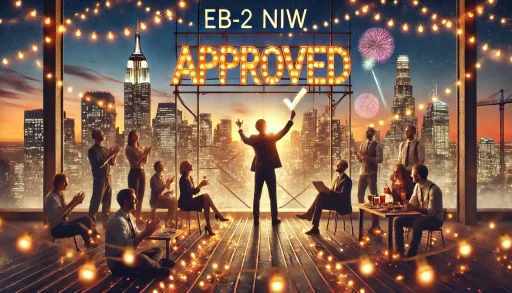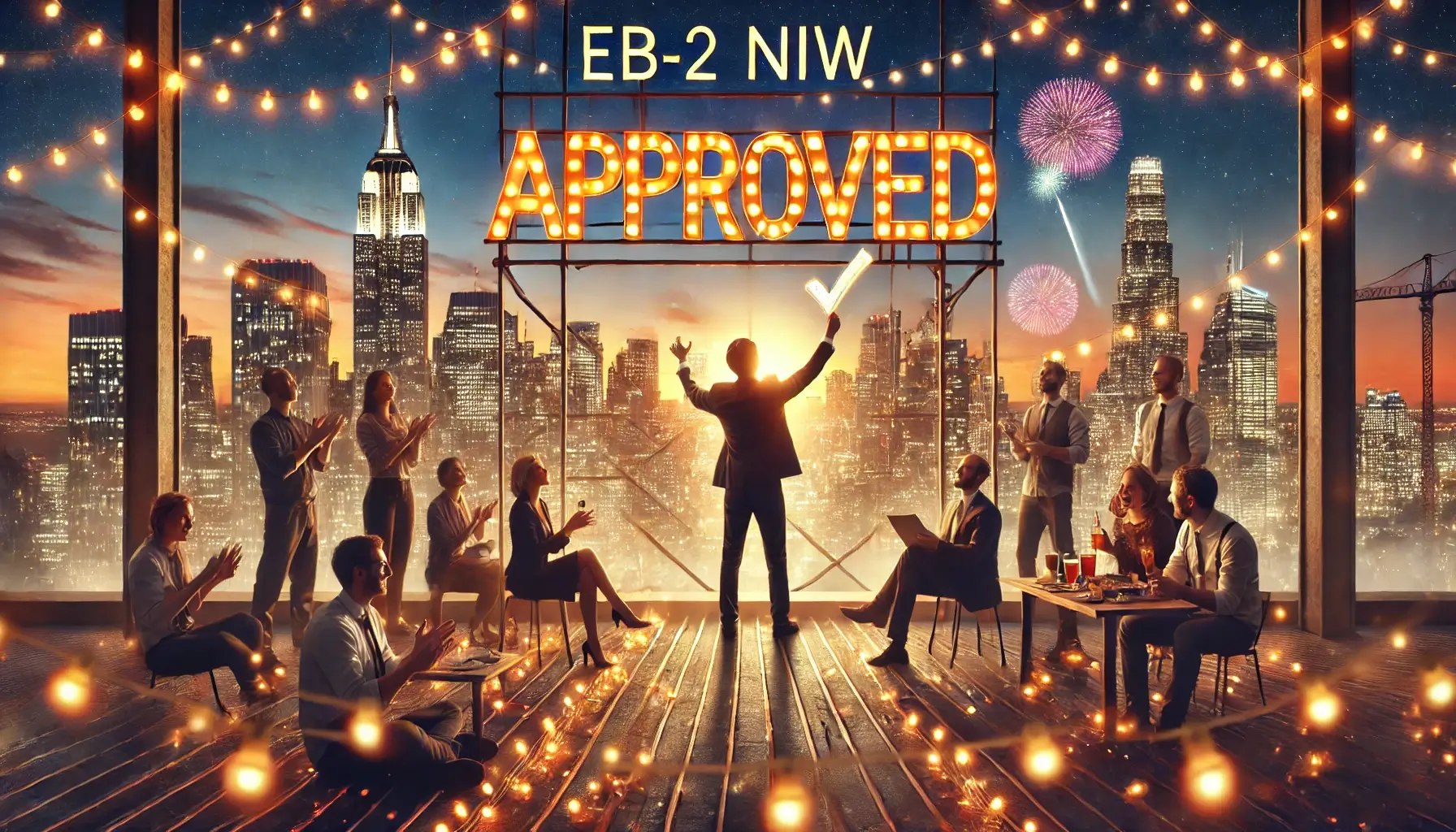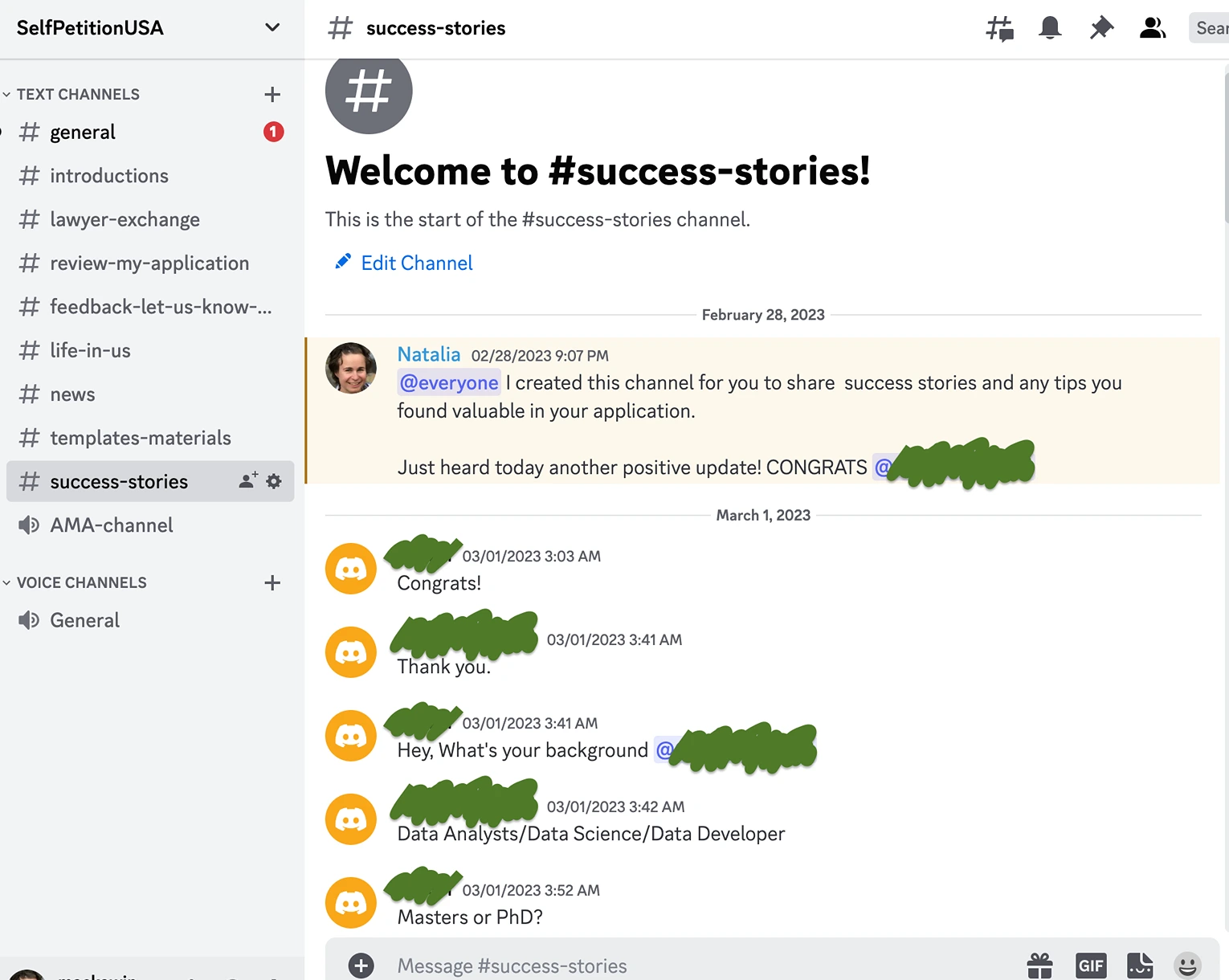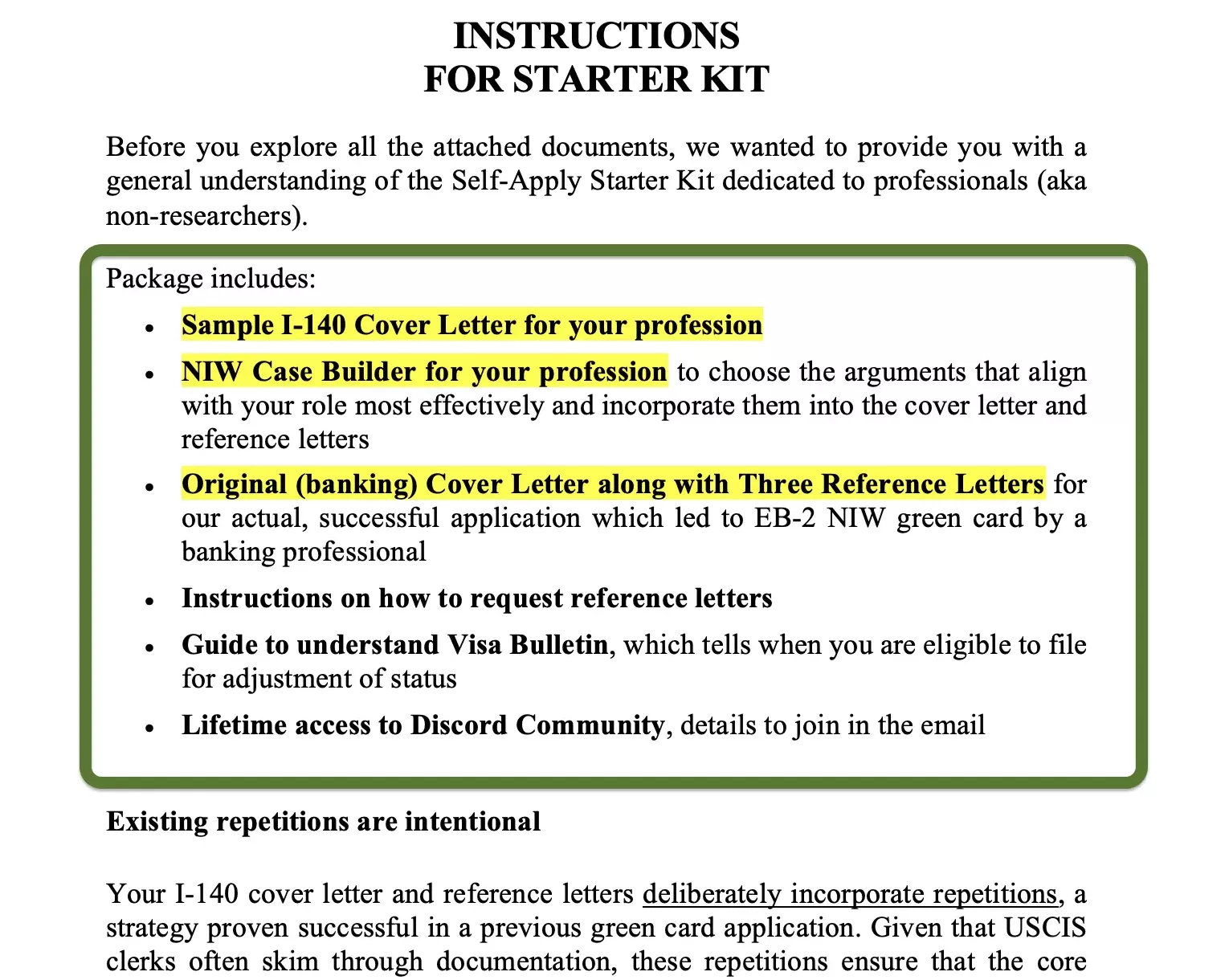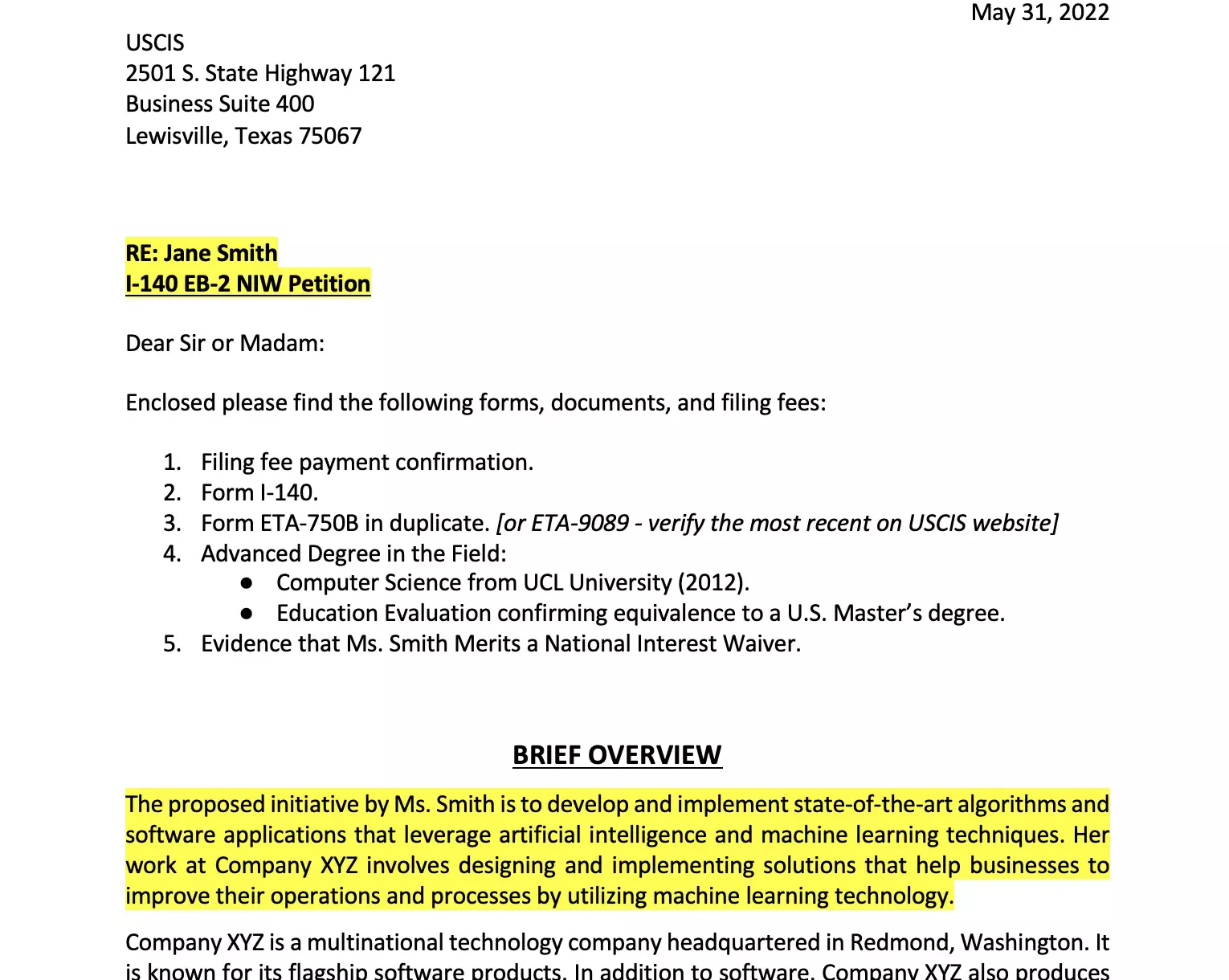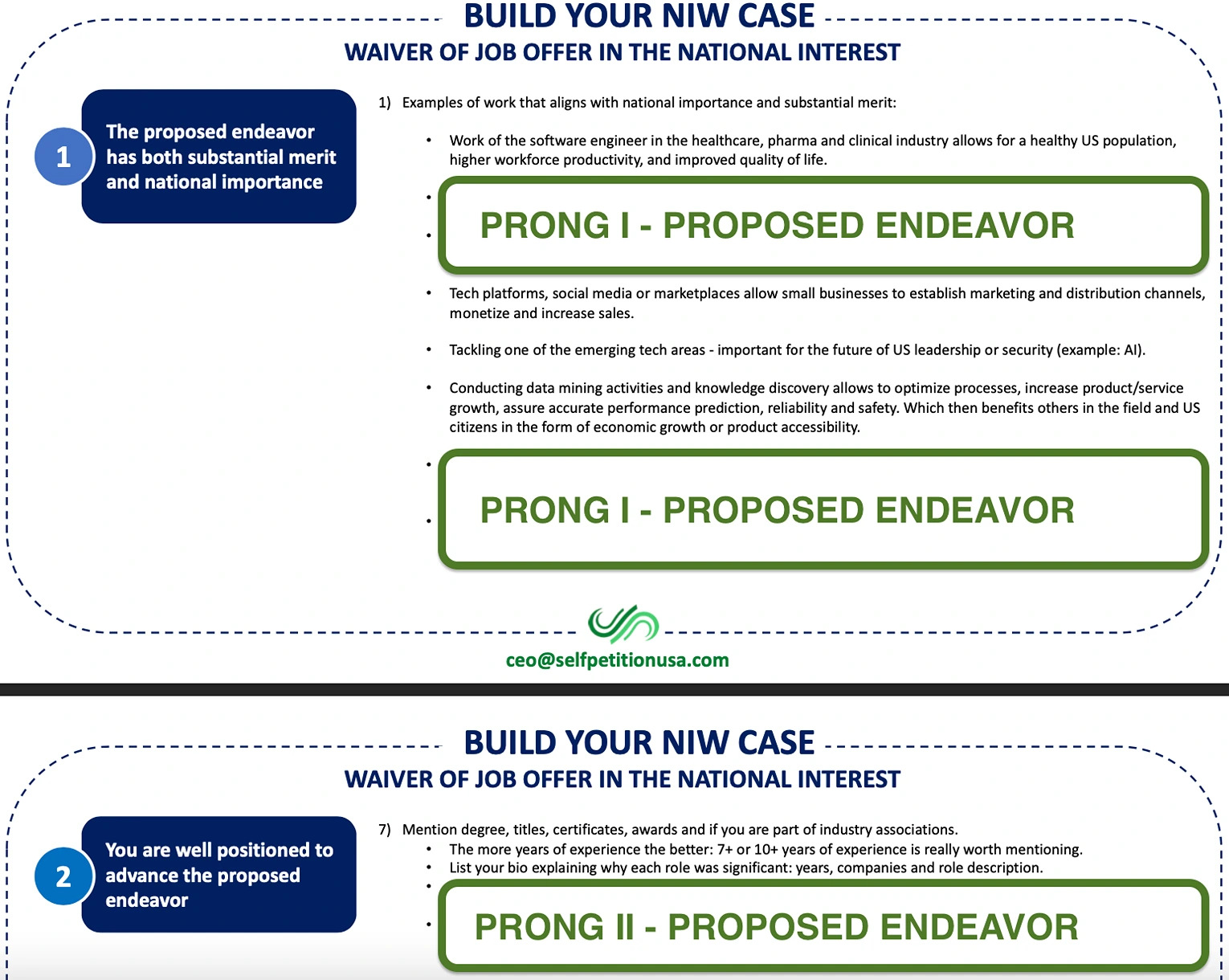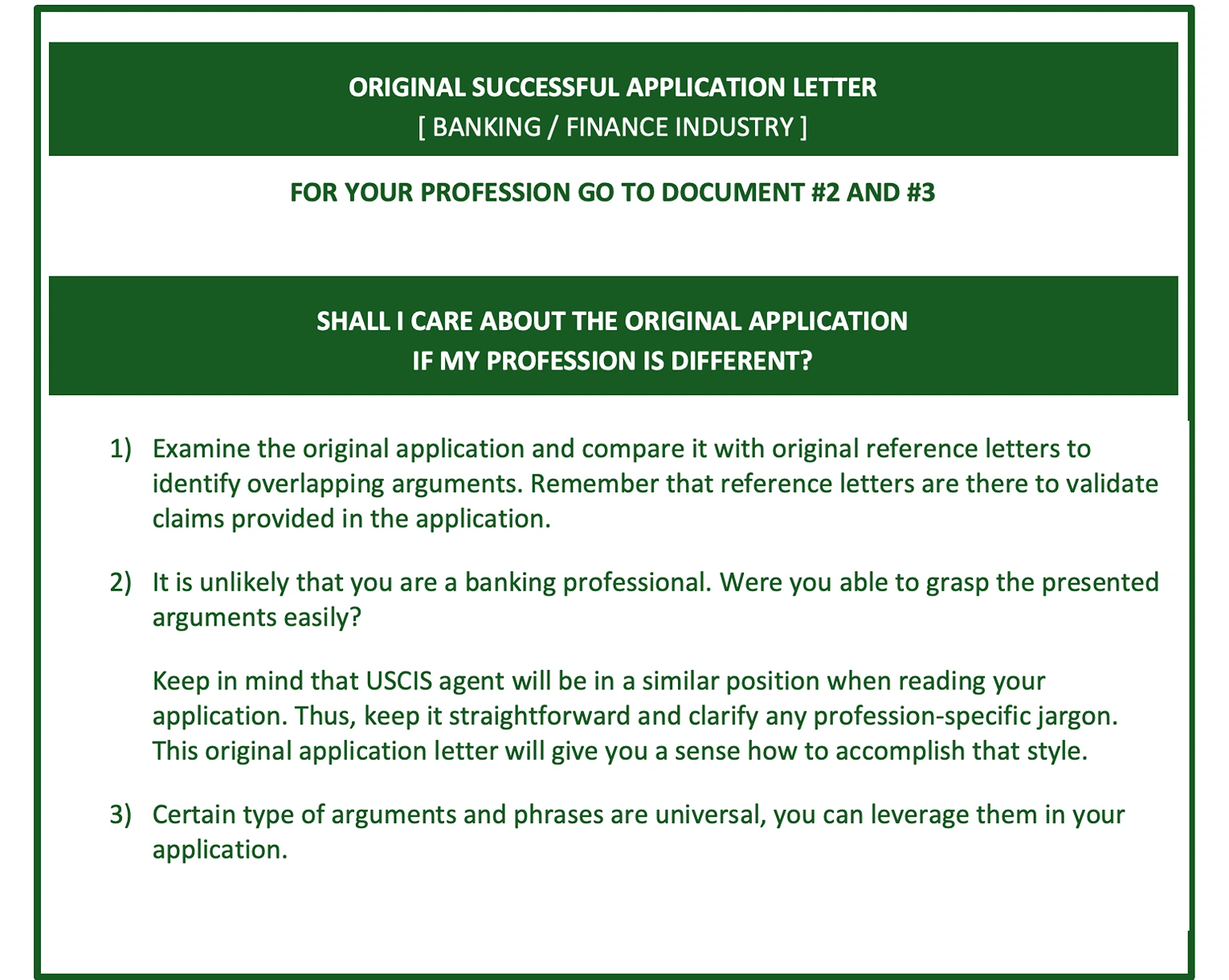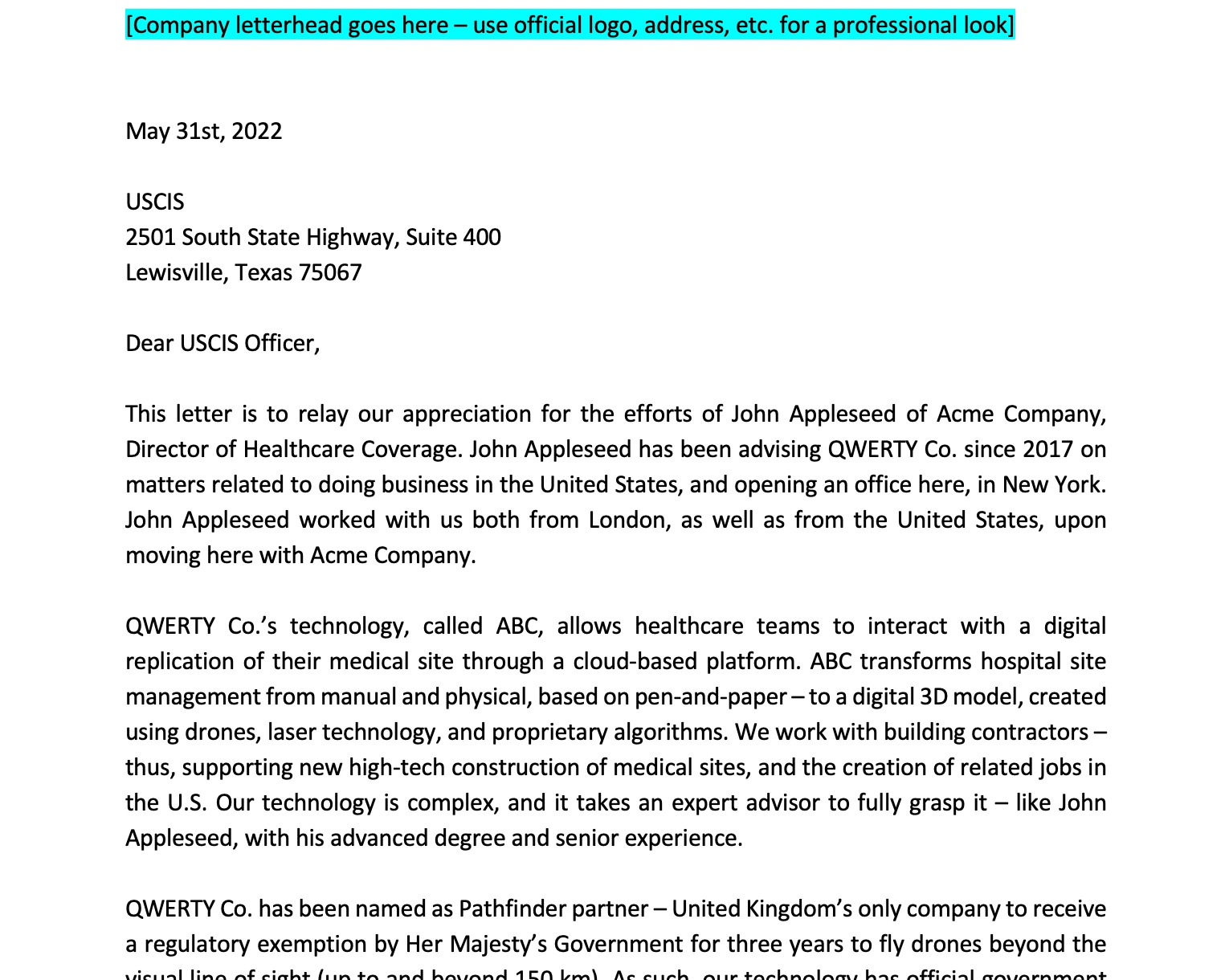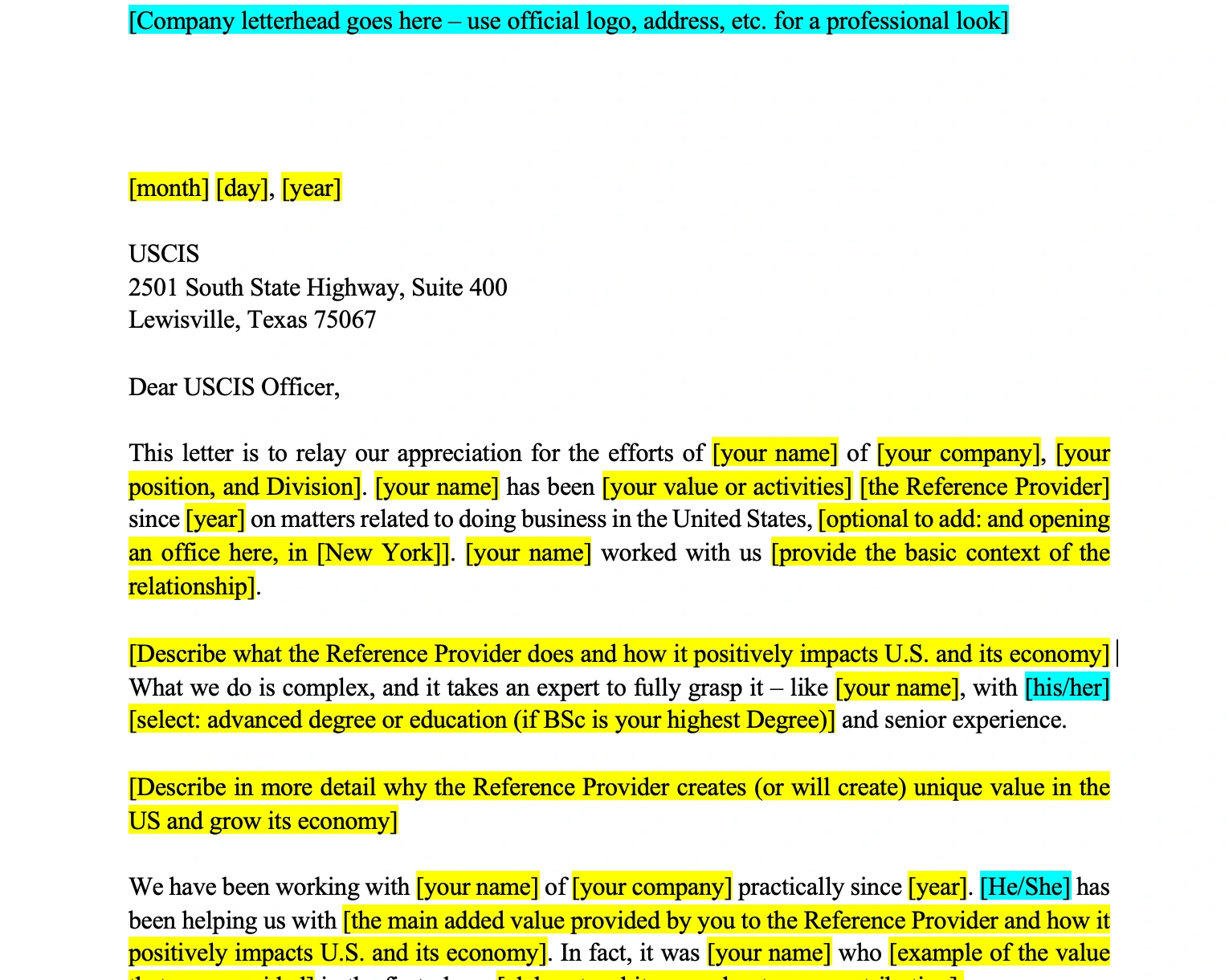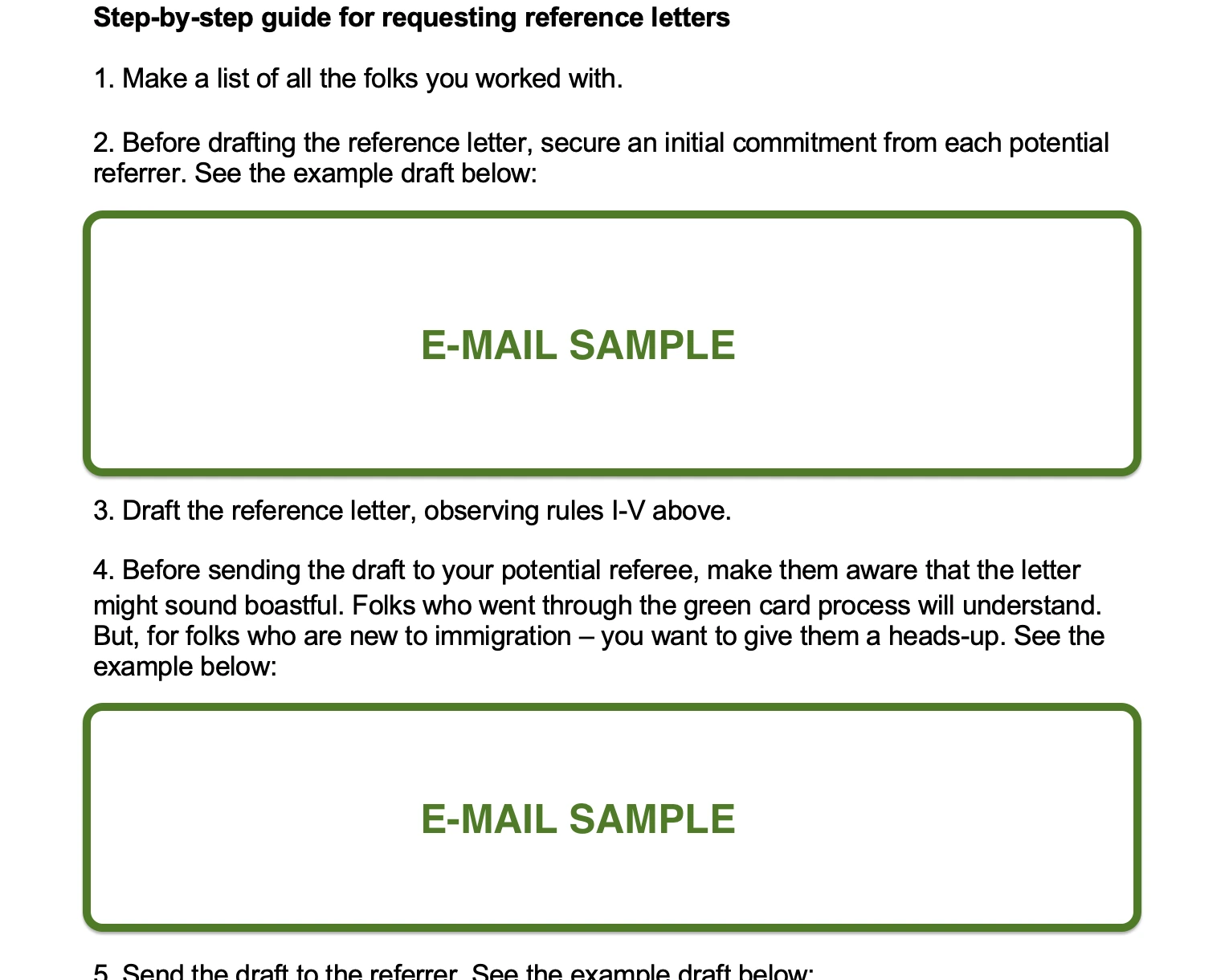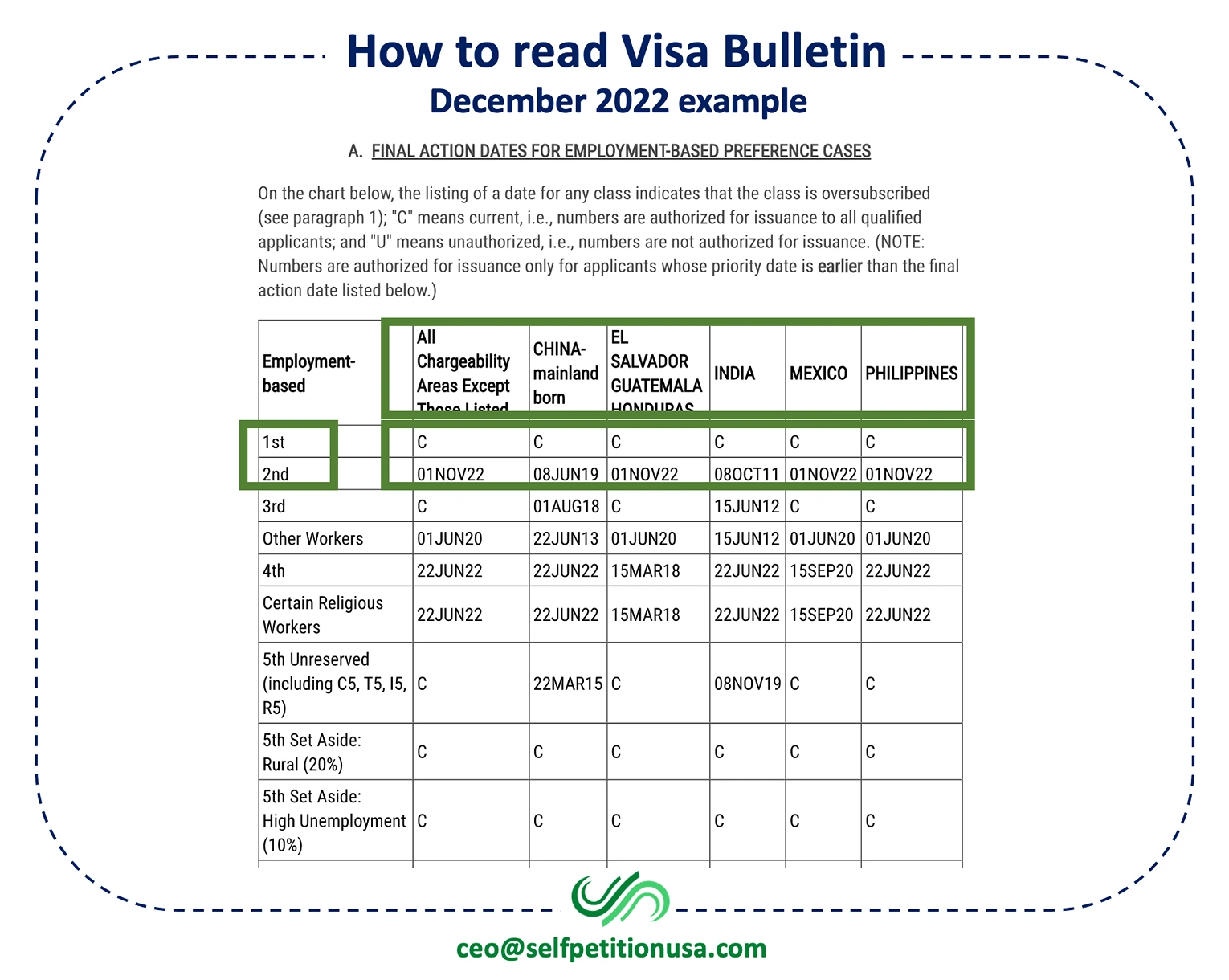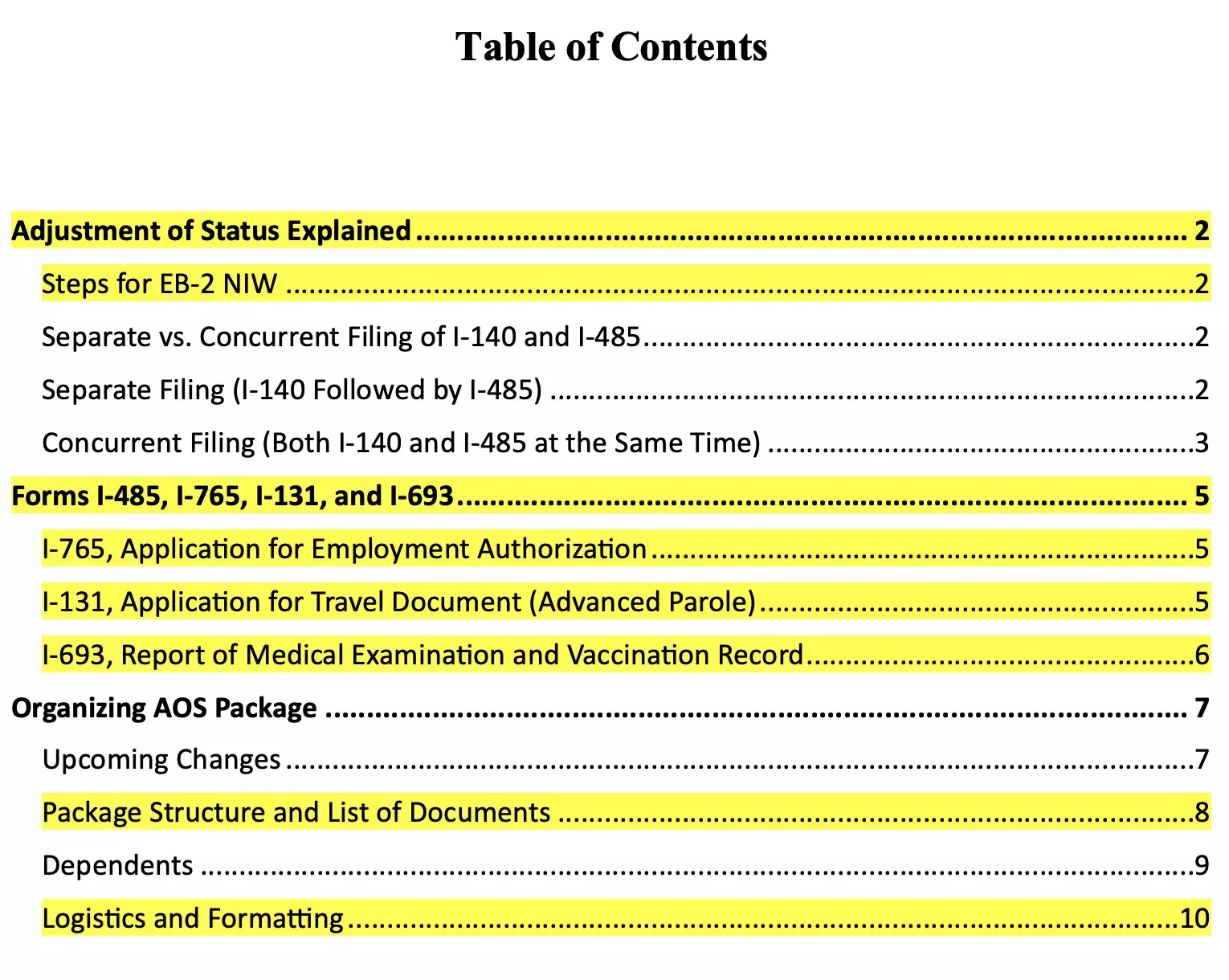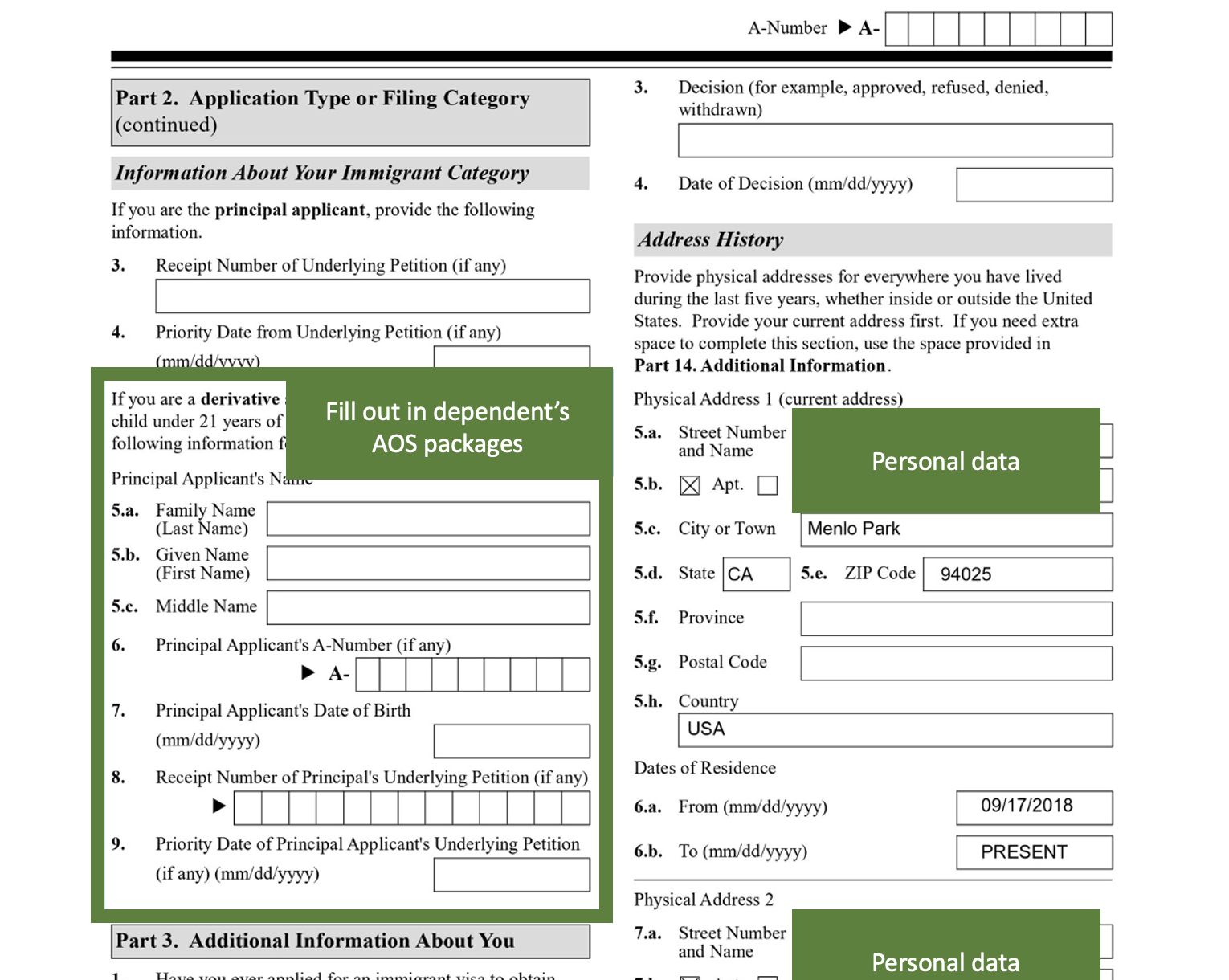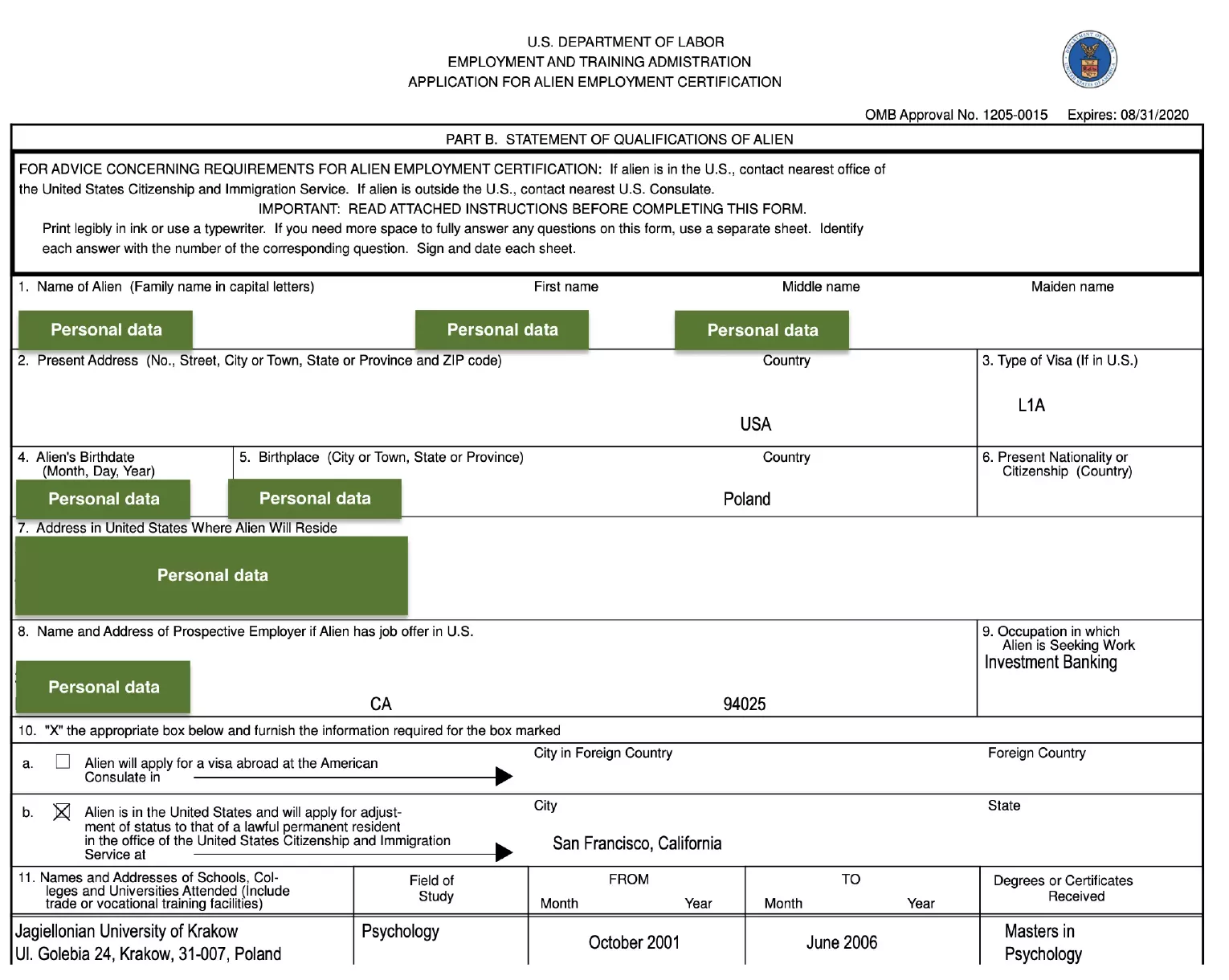Success story: EB-2 NIW
This case study examines the journey of Pawan, a frontend software engineer at a leading FAANG company, who successfully navigated the complex process of obtaining an EB-2 National Interest Waiver (NIW) using Selfpetition AI. Initially relying on his company for green card sponsorship, Pawan had to pivot his approach due to layoffs that put the company’s sponsorship processes on hold. This innovative AI-driven tool provided a tailored approach to crafting a compelling petition, highlighting Pawan’s unique qualifications and the national importance of his endeavor.
Providing Input to Selfpetition AI
Pawan, an expert in JavaScript and React with over eight years of experience, has been instrumental in developing scalable, user-friendly interfaces for his FAANG company’s cloud services. His work has significantly enhanced the usability and accessibility of cloud computing, which is critical to U.S. technological supremacy and economic growth.
Pawan began his EB-2 NIW application by providing detailed information about his background, including his academic qualifications, career achievements, and his pivotal role at the FAANG company. He filled out a comprehensive form that allowed Selfpetition AI to grasp the specifics of his professional journey and the impact of his work.
AI Drafting and Review Process
Using the information provided, Selfpetition AI generated a draft of the cover letter and suggested several potential endeavors that Pawan could claim as having national importance. The AI system, trained on successful cases and USCIS data, proposed that Pawan’s endeavor to enhance the security measures and efficiency of cloud-based interfaces significantly contributes to U.S. economic competitiveness and cybersecurity.
Pawan reviewed the draft and, with a few iterations, finalized the cover letter. The document detailed how his work fulfills the first prong of the NIW requirements by addressing critical technological issues and providing significant benefits to the U.S. His chosen national importance angle focused on enhancing national cybersecurity and economic efficiency through innovative cloud computing solutions.
Once satisfied with the cover letter, Pawan proceeded with the three reference letters. Selfpetition AI used inputs from Pawan and previous successful applications to draft these letters, which were then reviewed and approved by Pawan. The letters from senior executives and industry experts at the FAANG company attested to Pawan’s unique skills and the national importance of his contributions.
Quality Assurance and Submission
The Selfpetition AI team conducted a thorough review of all documents to ensure the high quality of the application. With all components in place, including the appendix list detailing Pawan’s certifications and contributions to open-source projects, the petition was ready for submission.
Pawan’s petition was approved without an RFE (Request for Evidence), a testament to the clarity and completeness of his application. His case stands as a compelling example of how AI can personalize and streamline the EB-2 NIW application process, making it more accessible and less daunting for individuals like Pawan.
Pawan’s successful application through Selfpetition AI demonstrates the potential of artificial intelligence in facilitating efficient drafting of EB-2 NIW petitions. By leveraging tailored solutions by Self Petition USA, professionals can effectively showcase their contributions and align them with national interests, avoid paying thousands of dollars to attorneys who otherwise do not understand their profession, and avoid hours spent on manual writing. This case study not only highlights individual achievement but also underscores the evolving role of technology in NIW applications.
